
In the choking darkness of the smoke of the Palisades Fire, which devastated northwestern Los Angeles and Malibu earlier this month, there was one clear ray of hope this week: the arrival of a team of firefighting experts and emergency responders from Israel.
Originally, according to the Times of Israel, Israel planned to send a “symbolic” team of firefighters as a gesture of solidarity. But that plan was scrapped in favor of a serious effort to share knowledge from Israel’s own experience in battling wildfires — and to learn from California’s experts.
The mission was coordinated by the Israeli Consulate in Los Angeles, with the support of the Emergency Volunteers Project (EVP), an American program that trains Israeli first responders. El Al Israel Airlines made sure there was room on flights for the firefighters.
The team included experts from a variety of fields Avraham Ben-Zaken, head of operations for Israeli firefighting and rescue; Dr. Shay Levy, a wildfire expert; Yuri Novatsky, an expert in water management; Li-shay Amor, head of operations for the Haifa station; David Asraf, head of logistics for the Dan district; and other specialists, including an officer from the Israel Defense Forces (IDF) search and rescue unit.

They arrived on Thursday and hit the ground running, conducting a quick drive-through in the hardest-hit areas, especially the Pacific Palisades, large portions of which were completely destroyed by the fire.
“Since we arrived, we divided the group into teams, went out to the field, and helped literally with putting [out] fires,” said Adi Zahavi of the Emergency Volunteers Project. The Israeli experts worked alongside their California colleagues, he noted, bringing “mutual aid to each other.”
On Friday, the team deployed at sunrise to the Malibu incident base camp, where they received briefings, along with hundreds of other firefighters from across California and the U.S. Firefighters from Cal Fire and from local volunteer fire departments welcomed the visitors warmly, and were eager to meet them and take selfies with them.
One firefighter from the far northern California town of Eureka told the Israeli team that he had been praying for Israel’s success in its war against terror. He was not the only one: again and again, firefighters, police officers, and U.S. Army National Guard soldiers expressed their deep gratitude that Israel had sent assistance to California, even though the Jewish state faced war on every front.
Again and again, firefighters, police officers, and U.S. Army National Guard soldiers expressed their deep gratitude that Israel had sent assistance to California, even though the Jewish state faced war on every front.
By Friday morning, the Santa Ana winds had paused for a few days, and the walls of flame and clouds of flying embers had been suppressed. The visitors, who had been eager to jump into hotspots, took the time to participate in other aspects of firefighting, including the complex analytical and administrative tasks that the profession requires.
At one command post, for example, the Israeli team — joined by volunteers from the U.S. Coast Guard — studied the way in which California firefighters monitor ongoing fires for the presence of drones, which can interfere with aerial firefighting. (Indeed, one of the two “super scooper” planes that dumped water on the fires was grounded for days after colliding with a drone that damaged one of its wings.)
At another post, the Israeli team shared tips with Cal Fire about the use of computer modeling to predict the growth and intensity of fires. One of the problems with the Palisades Fire was that in extreme wind conditions — in this case, upwards of 65 miles per hour, with gusts up to 100 miles per hour at mountaintops — the computer models do not yet work.
The Israeli team had many questions, which mirrored those that local residents have been asking since that fateful day on Jan. 7. What caused the fire? Why had the hydrants in Pacific Palisades run out of water? Why weren’t there more firebreaks in the area? Why did it take so long for first responders to arrive? Why was there gridlock and panic on Sunset Boulevard during the evacuation?
Some aspects of California’s response impressed the Israeli team. They took photographs of this author’s phone, for example, noting the mobile evacuation alerts that Los Angeles firefighters can send, automatically, to everyone in an affected area. Currently, the only Israeli agency that is allowed to do that is the Home Front Command, which warns Israelis about incoming rockets. Having similar authority, the firefighters said, could save lives in Israel during fires.
Some aspects of California’s response impressed the Israeli team. They took photographs of this author’s phone, for example, noting the mobile evacuation alerts that Los Angeles firefighters can send, automatically, to everyone in an affected area.
The Israeli team also shared some of the lessons of their experience. While firefighters from Cal Fire were going from address to address in the affected area, cataloging data about the condition of every single structure within 24,000 acres, there was an easier way to do it. Through the use of artificial intelligence and satellite imaging, the Israeli team explained, the time required for data collection could be cut in half.

The Israeli team also described volunteer firefighting efforts that had helped contain the damage of wildfires that were deliberately started by terrorists during the war. Many towns in fire-prone areas, Novatsky explained, were equipped with all-terrain vehicles (ATVs) that could reinforce firebreaks and reach hydrants placed at strategic cases around the perimeter of the communities. As a result, he said, while Hezbollah rockets from Lebanon managed to start many brush fires and forest fires, not one Israeli community in the north was burned. (Volunteer Israeli fighters are also armed with M16 rifles, he added, in case they come under fire while trying to extinguish a blaze.)
There was also time for socializing and camaraderie. The Israelis enjoyed meeting the emotional support dog of the Riverside County Fire Department, for example, and taking in the breathtaking Malibu coastline with wildfire teams whose usual missions are in wooded mountain areas. They also enjoyed breakfast with fellow firefighters in the mess tent, for example, where some kosher food was available, served by nonviolent prisoners from state prisons.
Lunch was a different story: since most of the Israeli firefighting team keeps kosher, this author took them to Pita Bu. (They rated the falafel “excellent.”) There, they noticed the work of the Chabad of Malibu next door, as people delivered donated clothes and food. Watching fellow Jews, many of whom had lost everything, browse for much-needed clothing items brought home to them how much the local community — including several Jewish communities — had suffered in the fire and its aftermath.
The Israeli delegation spent Shabbat in the heart of the Los Angeles community, enjoying prayers and meals with Young Israel Beverly Hills. In the days that followed, the Israelis continued their work with the California firefighters, hiking along key ridge lines to assess the terrain, and visiting air bases that were participating in the effort. A helicopter team showed them the origin of the Palisades Fire, where investigators have taped off the suspected burn site.
On Monday, they returned to the Malibu base and met with local officials, including newly-installed Los Angeles District Attorney Nathan Hochman. He has been front and center since the fires began, warning looters that they will be caught. Several police officers on the beat told me that his commitment to locking up looters had boosted their morale. Hochman said that while the cause of the fire was still being determined, federal investigators were following up on a theory that a small fire sparked by illegal fireworks on New Year’s Eve in calm conditions could have smoldered and re-ignited in the fierce Santa Ana winds a week later.

There were also animated conversations with local firefighter Mike Katan, a chaplain who serves in the Ventura County Fire Department. He explained to the Israeli team — in fluent Hebrew — that the complexity of relationships between water agencies and firefighting services in California was one reason that there had been so little water available, at least at required pressures, during the worst hours of the fire. He added that it might not have made a difference in the high winds, which sent fiery embers shooting across the landscape.
At base camp, the Israeli presence drew wide praise and attention. Only a few other countries sent firefighters to help, including Canada, Mexico, and Chile. (A widely-circulated video of South African firefighters turned out to be fake news.) Of those countries, only Israel is at war — and the Israeli firefighters were glued to news of the imminent release of several hostages, whose fate haunts Israelis and Jews around the world.
In the midst of that war, the Israeli team brought hope to Californians, especially the Jewish communities that were affected by the fires. Many Jews, including several rabbis, lost their homes; a synagogue burned down in Pasadena. Thousands of Jewish families remain displaced.
The importance of the firefighters’ visit was perhaps best expressed in the reaction of one Magen Am security guard near the Malibu Chabad, who could barely contain his excitement when he saw Israelis in uniform in California, including the olive green of the IDF.
It was a great kiddush hashem, and a reminder that with Israel as a friend, you never fight alone.
Joel B. Pollak is senior editor-at-large at Breitbart News in Los Angeles.







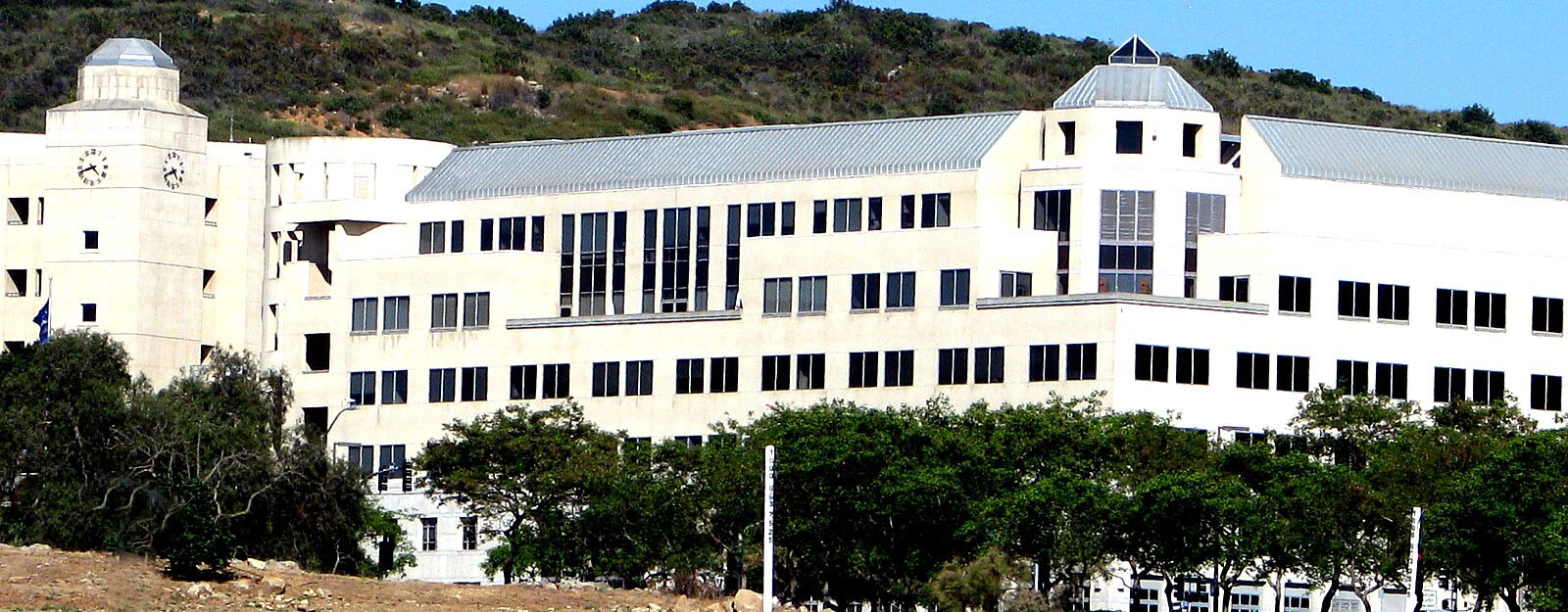
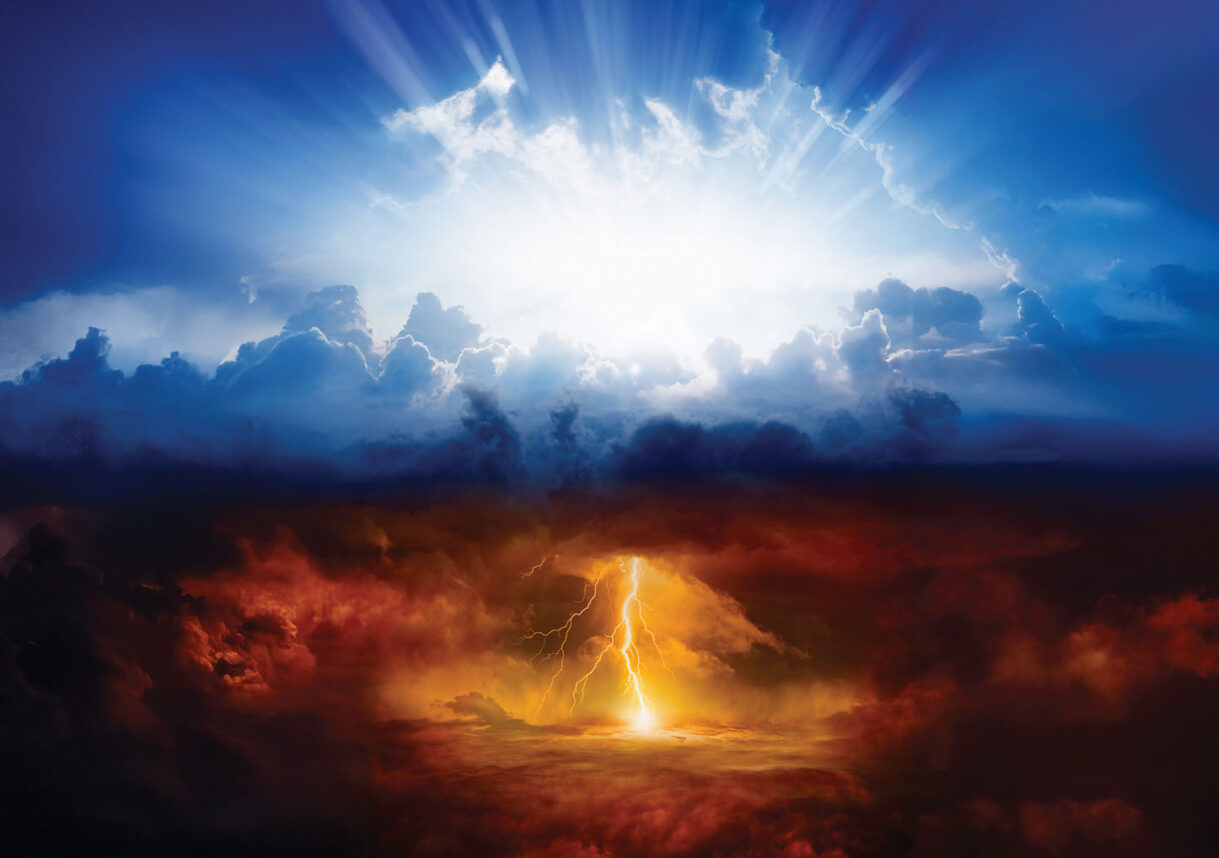
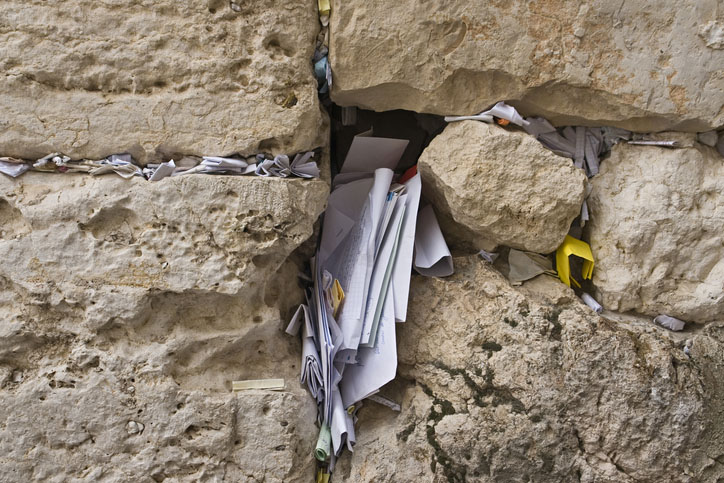

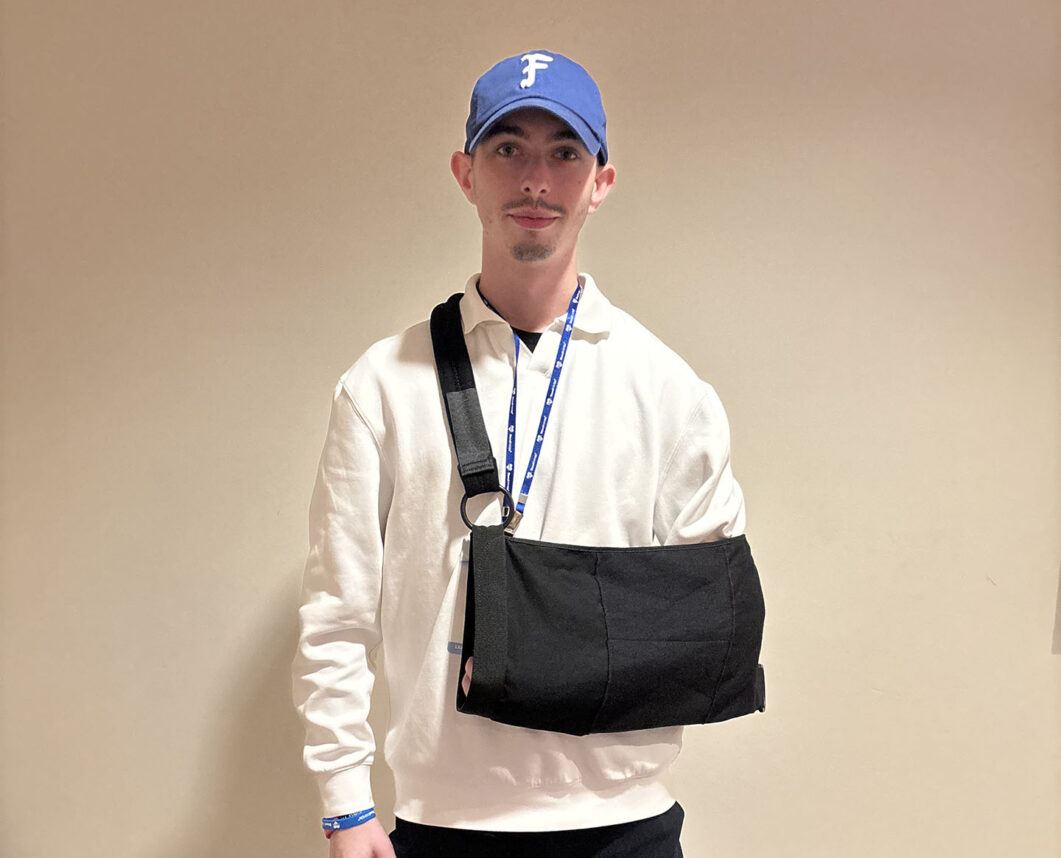


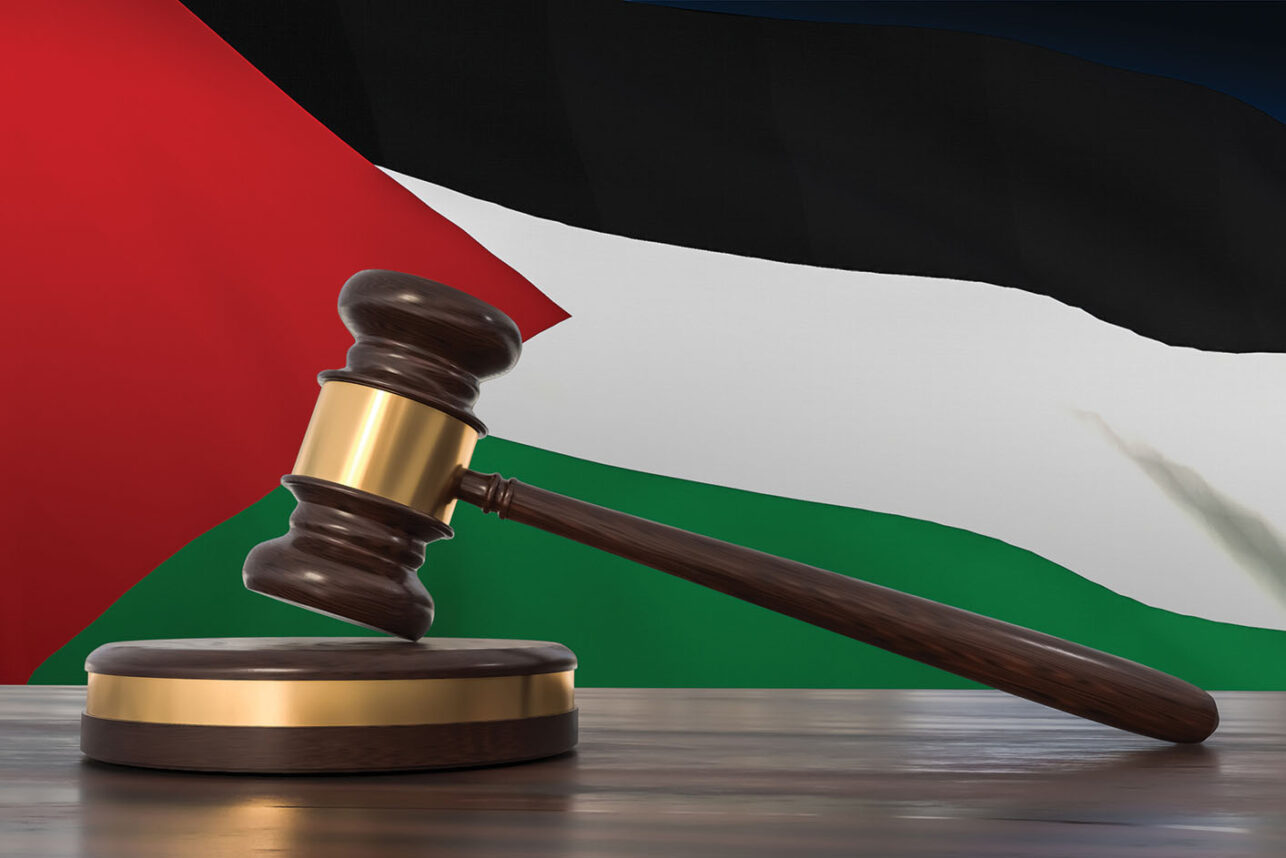

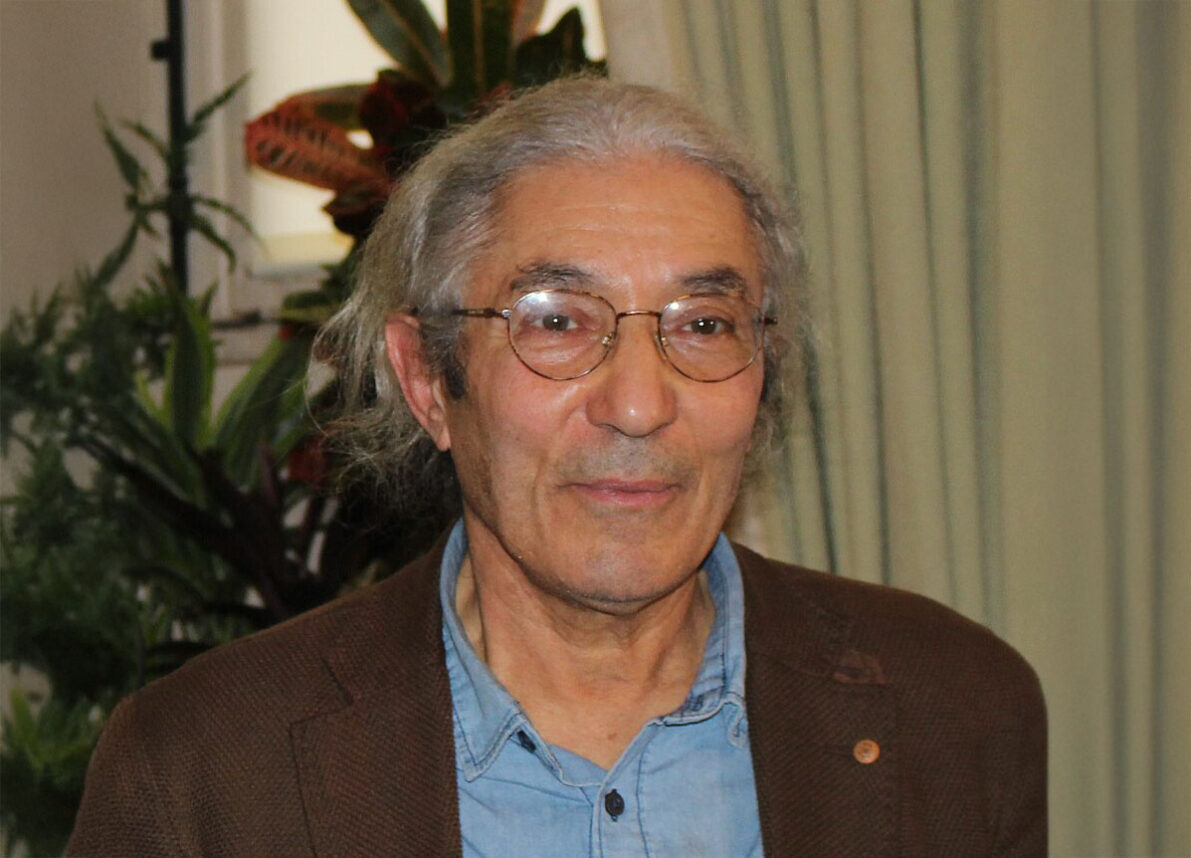






 More news and opinions than at a Shabbat dinner, right in your inbox.
More news and opinions than at a Shabbat dinner, right in your inbox.